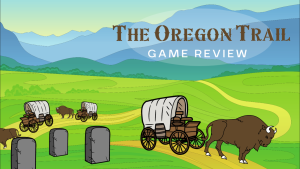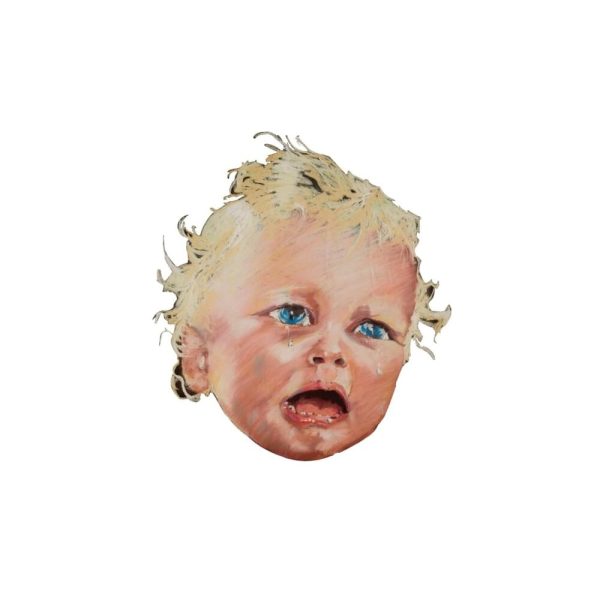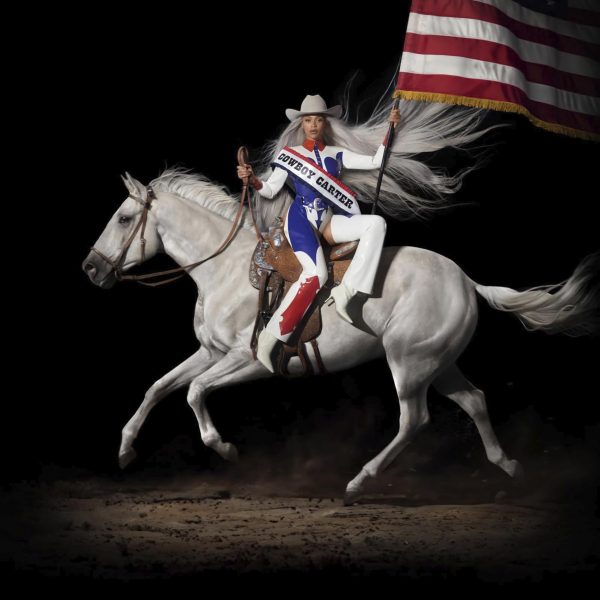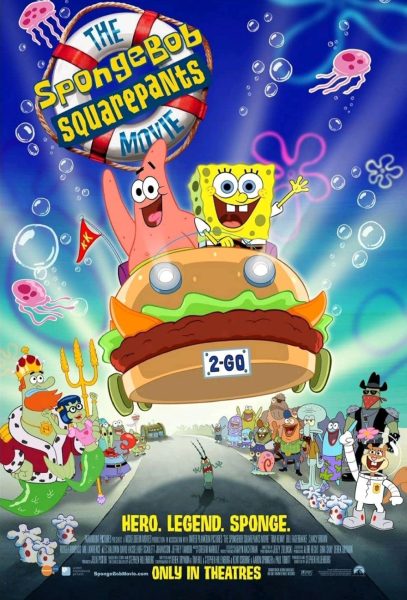Tyson Motsenbocker’s “Milk Teeth” is a moving memento about childhood dreams, embracing adulthood
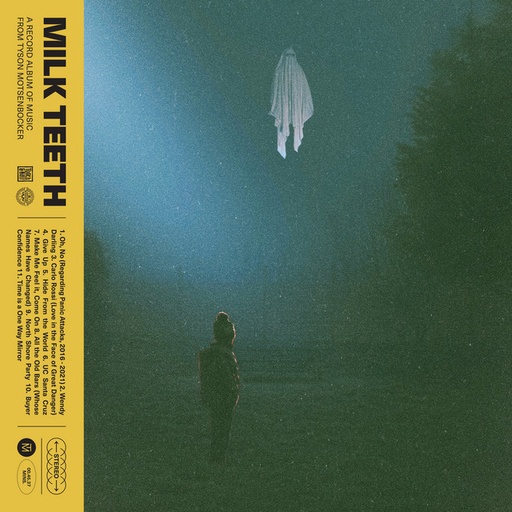
Photo courtesy of Tyson Motsenbocker
“The cover of Tyson Motsenbocker’s studio album “Milk Teeth” shows a child and floating ghost looking at each other. The album was released Sept. 23.
October 12, 2022
“Where do your dreams go when you become an adult?” This is the question Tyson Motsenbocker explores in his third studio album “Milk Teeth” released Sept. 23.
Motsenbocker created “Milk Teeth” with the intention of reflecting on the things we lose as we journey toward adulthood. The name “Milk Teeth” refers to baby teeth which symbolize the losses we all experience as we grow older.
Motsenbocker is a solo indie artist who grew up in the foothills of the Cascade Range Mountains in North Central Washington. His music is defined by the pastoral sounds of his childhood, even after he moved to his new home in Southern California. He walked the entire 600-mile-long coastline to San Francisco in 2013 after the death of his mother, bringing him a new view of life beyond loss. One of his first EPs, “Rivers & Roads,” was released in 2013.
The album kicks off with the opening song, “Oh, No (Regarding Panic Attacks, 2016-2021).” It’s a solemn tune that erases the fear of awareness about the things happening to you and around you. Motsenbocker is intimate and honest with listeners about his life in this opening song. This song feels as if he’s asking the listeners if he can trust them with what he’s telling him, and he wants the listeners to trust him all the same.
The second song on the track, “Wendy Darling,” is equally honest but in a more upbeat way. As Motsenbocker sings about his memories of growing up, I can’t help but remember what my own life was like before I came to USI. “Wendy Darling” is a track about remembering what it was like to be young. The song’s upbeat instrumentals make it feel like you’re watching a coming-of-age teen drama, a timeless anthem to the youth we all once had. It’s easily one of my favorite songs on the album.
While the first two tracks are solid songs, the rest of the album is filled with interesting instrumentals and honest anecdotes from Motsenbocker’s life.
“Carlo Rossi (Love in the Face of Great Danger)” is an enjoyable indie-pop song, but this is probably the only song on the album that I wasn’t that interested in. “Give up” is a track filled with wacky instrumentals and a sincere statement from Motsenbocker about how he believes some of his loved ones should’ve given up on him to avoid being hurt.
“Hide from the World” is a beach-bum-inspired tune filled with childhood wanderlust. “UC Santa Cruz” is a track about Motsenbocker’s struggle to turn away from making the same mistakes over and over again. “Make Me Feel It, Come On” is a rosy song dedicated to young love.
Another one of my favorite songs on the album is “All the Old Bars (Whose Names Have Changed).” I love the subtle yet catchy instrumentals and vocals the track has. The message of the song is a simple yet powerful statement about how we want to keep the things we like as we grow older. However, it doesn’t always work out. The song captures the fear of adulthood in a way that any young adult can relate to.
“North Shore Party” reminded me of some of the more mainstream pop songs out there. It’s a little slower of a song, and the chorus is redundant at times. This was probably my least favorite track on the album.
“Buyer Confidence” is the slower, more acoustic song on the album. It resembles the first track and is probably the most genuine song on the album. It’s a powerful testament to the inevitable disappointment we all face growing into adulthood when we realize our childhood is fading away from us. I especially enjoyed the outro on this song, a recording of two parents talking to their child and an elegant piano playing in the background.
“Time is a One Way Mirror” is the song that surprised me the most on the album. The outro track is about wanting to change the course of time and go back to the way things were, but everyone knows that cannot happen. It’s a heartfelt, emotional song about moving on that reminds me of the outro track to Twenty-One Pilots’ song “Leave the City” in their album “Trench.” Motsenbocker’s words are a chilling reminder that “the things we love will take a piece of us away.”
Overall, “Milk Teeth” is an innovative new edition to Motsenbocker’s discography. I applaud his approach to a more experimental sound in this album compared to his second album, “Someday I’ll Make It All Up To You.” However, some of the songs tended to blend together for me while I was listening in terms of instrumentals. Nevertheless, I still give this album a 7.5 out of 10.
I admire “Milk Teeth” for its wholehearted message about not only growing up but simply saying what’s on your mind. I’m sure I’ll still be able to relate to tracks from this album for years to come.


